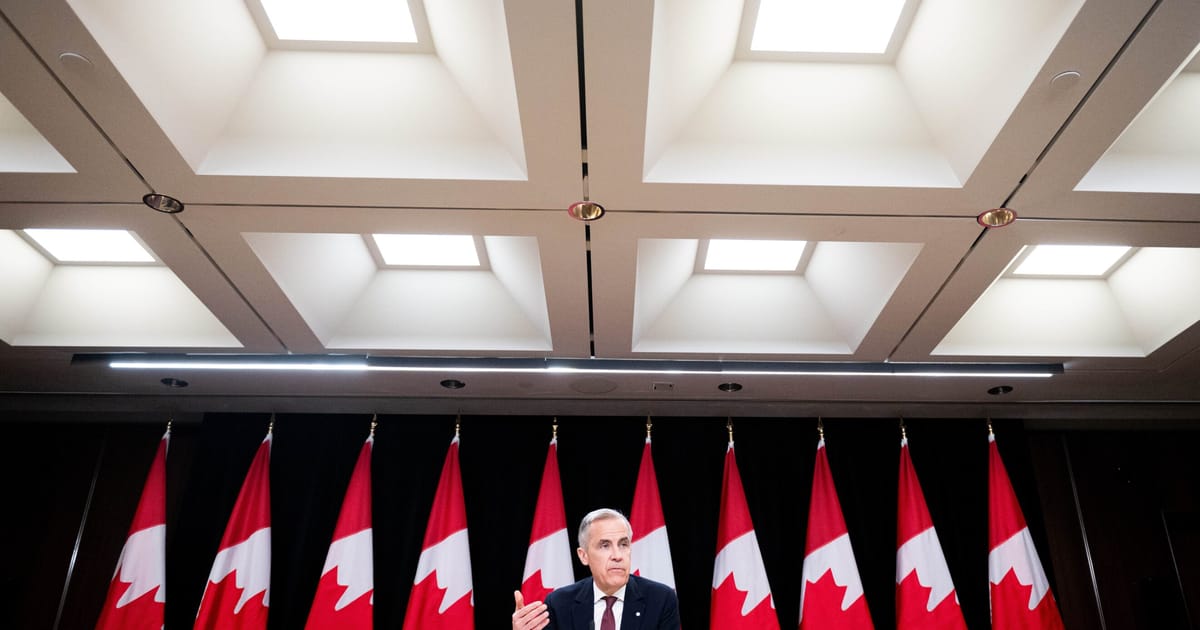

The global landscape of human rights and social justice is witnessing landmark moments and movements that are shaping the way societies function. From political reflections in Canada, touching insights from Brazil, and dedicated reforms in Australia, to the assertive voices in China, these global narratives represent significant pivots towards dialogue and reform.
In Canada, public perception towards the United States has taken a notable turn as a new study reveals that a majority now view their southern neighbor as a potential “threat.” This changing perspective stems from recent political and social turns observed south of the border, including shifts in leadership and policy decisions. As Canada’s neighbor, the United States has historically been a close ally, and this evolving sentiment is prompting discussions domestically and internationally about the broader implications for diplomatic relations.
Across the globe, in Brazil, the revered Indigenous leader, Raoni Metuktire, has provided poignant reflections in his memoir about his experiences and a warning to current leadership. He shares his belief that former President Jair Bolsonaro posed existential threats to Indigenous communities through policies that encouraged deforestation and exploitation of Indigenous lands. Chief Raoni’s narrative serves as a powerful reminder of the ongoing struggle for Indigenous rights and environmental protection, pressing President Lula not to repeat past mistakes.
Meanwhile, China marks a decade since an intense crackdown on human rights lawyers that fundamentally changed the legal landscape. Remembrance of the 2015 nationwide sweep that detained countless rights advocates highlights an era increasingly marked by systematic and often silent repression. The legal profession’s role in defending human rights has been met with growing challenges, impeding the pursuit of justice and liberty. Despite the adversities, voices continue to rise from within the nation, maintaining the dialogue around the enduring quest for the rule of law.
In Australia, the findings of the Kumanjayi Walker inquest present a significant milestone towards police reform. Brought to light by an anti-racism officer, the investigation detailed systemic issues within the Northern Territory police force. Acts described as carrying the “hallmarks of institutional racism” underscore the demand for comprehensive reform. As the territory moves forward, the commitment to developing a trustworthy and equitable police force resonates strongly across communities, paving the way for more inclusive practices.
As the global dynamics of human rights and social justice continue to evolve, these accounts from various corners of the world remind us of the persistent challenges and the transformative potential engendered by truth, reconciliation, and reform. Each narrative presents its own context, yet collectively, they form a tapestry of resilience and determination, challenging norms and advocating for a fairer and more equitable world.
Source: {link}
